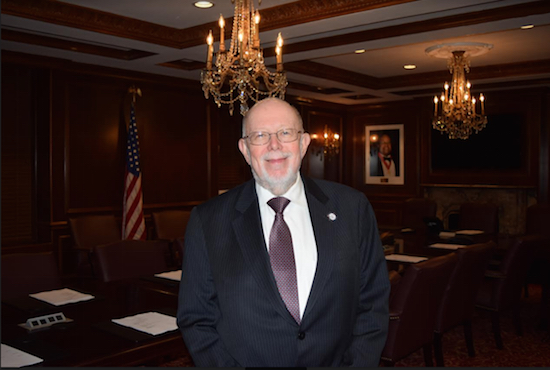Meet the Bar Leaders: David Chidakel’s poor, humble origins can forge leadership

David Chidekel grew up in the Bronx in the shadow of Yankee Stadium and the great teams of the ‘50s and ‘60s, he likes to say. But as great as those teams were, the surrounding neighborhood was just the opposite as poverty, drugs and violence ran rampant.
With the help of his education, Chidekel was able to rise up out of the neighborhood which was the setting for “Fort Apache: The Bronx,” to eventually establish himself as a pillar of the Brooklyn legal community who is just two years away from being president of the Brooklyn Bar Association.

Brooklyn Boro
View MoreNew York City’s most populous borough, Brooklyn, is home to nearly 2.6 million residents. If Brooklyn were an independent city it would be the fourth largest city in the United States. While Brooklyn has become the epitome of ‘cool and hip’ in recent years, for those that were born here, raised families here and improved communities over the years, Brooklyn has never been ‘uncool’.